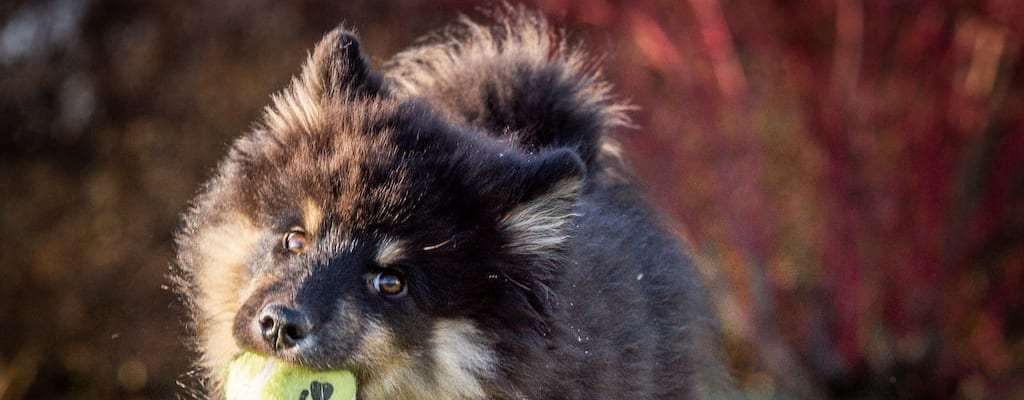be like: Idiom Meaning and Origin
What does ‘be like’ mean?
The idiom "be like" is used to describe a way of speaking or acting that imitates someone or something. It is often used in informal conversation or internet slang to mimic the behavior or mannerisms of a person or character.

Idiom Explorer
The idiom "just like that" means to do something in a sudden, effortless or simple manner, without any difficulty or hesitation.
The idiom "in the same shoes" means to be in the same situation or experiencing the same circumstances as someone else.
The idiom "in someone's shoes" means to imagine oneself in someone else's position or to try to understand their thoughts, feelings, or experiences from their perspective.
The idiom "in character" means acting or behaving in a way that is consistent with one's typical behavior or personality.
The idiom "I'll be" is an expression commonly used to convey surprise or disbelief. It is often used in response to unexpected or extraordinary events, indicating that the speaker is taken aback or astonished by what they have just witnessed or heard.
The idiom "go the way of" means to follow the same path or fate as something or someone, usually implying that the outcome will not be favorable or will result in obsolescence or extinction.
The idiom "go native" means to adopt the customs, behaviors, or lifestyle of the local people in a foreign place, usually to an excessive extent. It often implies a loss of one's own cultural identity.
The idiom "follow suit" means to imitate or do the same thing that someone else has done. It originated from the card game of Bridge, where players are required to play a card of the same suit as the one led by the player before them.
The idiom "do the talking" means to express oneself or convey a message primarily through actions or behavior instead of words.
Decoding Our Expressions
The idiom "be like" is a colloquial expression that has gained significant popularity and usage, particularly in informal speech and online interactions. Originating from African American Vernacular English (AAVE), it has made its way into mainstream English and has become a versatile tool for capturing and representing various aspects of communication. The phrase "be like" is primarily used to introduce direct quotations or reported speech, indicating that what follows is a representation of someone's words or actions.
The idiom "be like" gained widespread usage and popularity through its frequent appearance in social media platforms, particularly in memes and online conversations. It is often used to capture and convey an individual's thoughts, reactions, or emotional states, usually in a humorous or exaggerated manner. People use "be like" to imitate or depict someone's mannerisms, behavior, or speech patterns.
The phrase "and the like" is closely related to "be like" and can be used to indicate that similar things or examples are included in a list. For example, someone might say, "I love all kinds of fruits - apples, oranges, bananas, and the like." In this context, "and the like" serves as a way to include other examples without listing them explicitly.
The idiom "in character" is also related to "be like" and is often used to describe someone's behavior or actions that are consistent with their personality or typical behavior. For instance, if someone is known for being sarcastic, their sarcastic remarks can be described as being "in character."
The widespread usage of "be like" goes beyond its origins in African American Vernacular English (AAVE) and has been embraced by people of diverse backgrounds and age groups. Its adoption in mainstream English slang demonstrates its cultural impact and its ability to resonate with a broad audience.
However, the exact origins and development of the idiom "be like" are difficult to pinpoint. It is an ever-evolving expression that continues to adapt and change as language and culture evolve. While it has become a ubiquitous part of modern communication, there remain countless possibilities for its usage and interpretation.
In a world where language constantly evolves and cultural influences shape our expressions, "be like" remains a notable example of how idioms can capture the essence of a moment, thought, or emotion. Its informal nature and ability to convey a wide range of experiences make it a powerful tool for communication and connection.
The idiom "be like" offers a glimpse into the dynamic nature of language and the ongoing creative potential within idiomatic expressions. As society continues to evolve, so too will our idioms, capturing the ever-changing human experience in moments of both levity and profundity.
Example usage
Examples of how the idiom "be like" can be used in a sentence:
- She was like, "I can't believe you did that!"
- He's always like, "I'm too busy to hang out."
- When I told her the news, she was like, "No way!"
More "Comparisons" idioms



